The views expressed in our content reflect individual perspectives and do not represent the authoritative views of the Baha'i Faith.
“We hold these truths to be self-evident, that all men are created equal.”
That’s the first line of the Declaration of Independence, and the keyword in that statement is “men.” That was never a typo or a general term to refer to everyone. Laws in the United States were originally written to benefit wealthy white men — and that included the right to vote.
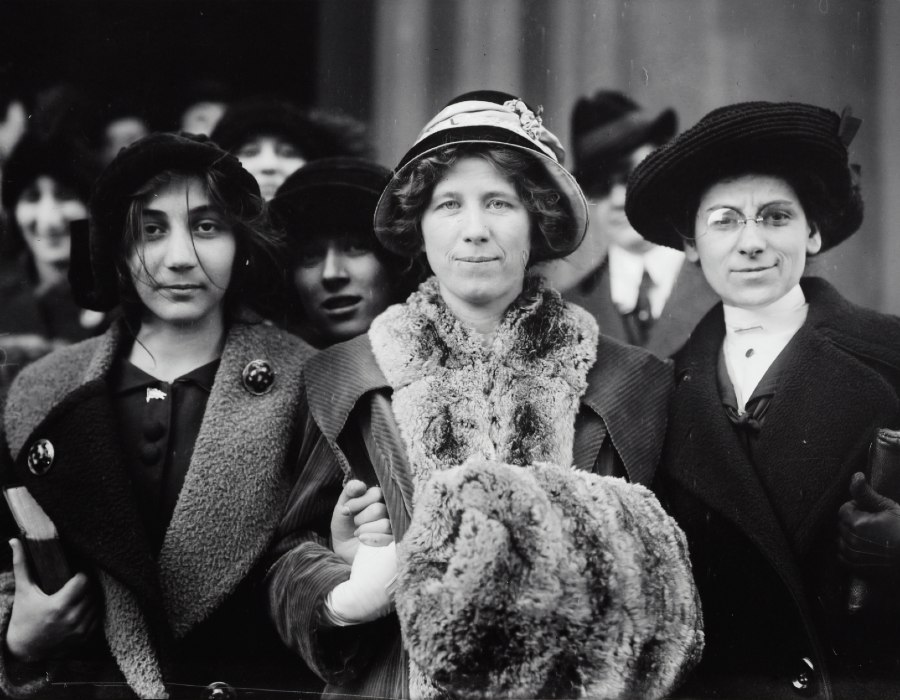
A full 144 years — years full of protests, marches, and campaigns — passed before some women were finally granted that same right and were legally represented and heard through the ratification of the 19th Amendment on August 18, 1920. Since 1973, the United States has celebrated Women’s Equality Day on August 26. It commemorates the day in 1920 that the official proclamation granting American women the constitutional right to vote was signed.
As Abdu’l-Baha, the son of Baha’u’llah, the prophet and founder of the Baha’i Faith, said at a talk at a women’s suffrage meeting in New York in 1912, “The most momentous question of this day is international peace and arbitration, and universal peace is impossible without universal suffrage.”
But this suffrage — the right to vote in political elections — wasn’t universal for all women. The 19th Amendment specifically gave white women the right to vote in the United States. Poll taxes, literacy tests, grandfather clauses, and terrorism at the polls prevented those who were not white women from voting well into the 1960s. Activists like John Lewis and Fannie Lou Hamer, an African American woman who began her activism in Mississippi in 1961, were extorted, threatened, harassed, assaulted, and shot at by white supremacists and police officers while trying to register for and exercise their right to vote. Native American citizens didn’t get the right to vote in all states until 1962.
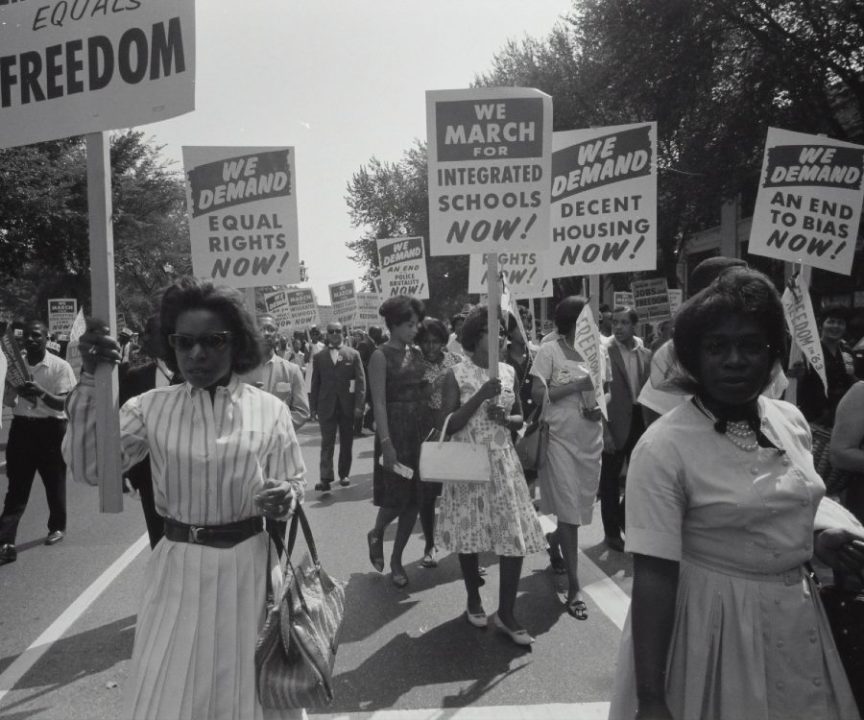
But achieving the right for white women to vote was a long and difficult process in the United States. In 1848, 300 people met in a chapel in Seneca Falls, New York, for the first Women’s Rights Convention. Elizabeth Caty Stanton, one of the organizers, wrote a call to arms demanding equality for women. This document was called the Declaration of Sentiments. It began by listing 19 “abuses” that destroyed a woman’s self-esteem, self-confidence, and self-respect. Stanton wrote that these abuses led to a woman resigning herself to a life dependent on her husband.
“We are assembled to protest against a form of government, existing without the consent of the governed — to declare our right to be free as man is free, to be represented in the government which we are taxed to support, to have such disgraceful laws as give man the power to chastise and imprison his wife, to take the wages which she earns, the property which she inherits, and, in case of separation, the children of her love,” Stanton wrote.
Indeed, the Baha’i writings expressly proclaim the equality of the sexes. Abdu’l-Baha said in a speech in 1912:
“Woman’s lack of progress and proficiency has been due to her need of equal education and opportunity. Had she been allowed this equality, there is no doubt she would be the counterpart of man in ability and capacity. The happiness of mankind will be realized when women and men coordinate and advance equally, for each is the complement and helpmeet of the other.”
“The Promulgation of Universal Peace,” a compilation of transcribed talks given by Abdu’l-Baha in 1912 — eight years before suffrage — discussed these issues and explained how society’s inferior views of women were created:
“It was considered preferable that she should not know reading or writing in order that she might not be informed of events in the world. Woman was considered to be created for rearing children and attending to the duties of the household. If she pursued educational courses, it was deemed contrary to chastity; hence women were made prisoners of the household. The houses did not even have windows opening upon the outside world.”
Abdu’l-Baha then explained how the Baha’i teachings elevated the status of women. He said:
“Bahá’u’lláh destroyed these ideas and proclaimed the equality of man and woman. He made woman respected by commanding that all women be educated, that there be no difference in the education of the two sexes and that man and woman share the same rights. In the estimation of God there is no distinction of sex. One whose thought is pure, whose education is superior, whose scientific attainments are greater, whose deeds of philanthropy excel, be that one man or woman, white or colored, is entitled to full rights and recognition; there is no differentiation whatsoever.”
It’s been 100 years since the 19th Amendment’s adoption, but we still haven’t achieved full equality between the sexes. For example, as of 2020, only 37 women run Fortune 500 companies — only three of them are women of color — and women still have less than half the net worth of men. In addition, women hold only 25% of jobs in Silicon Valley, and the companies that are run by women get just 2% of venture capital funding. And, according to the Institute for Women’s Policy Research, it will take 139 years to close the pay gap between men and women in the United States and a total of 257 years to close the global pay gap, according to the World Economic Forum.
Also, if women choose to have children, they must often choose between earning an income and healing from childbirth. According to the Organization for Economic Cooperation and Development, the U.S. is the only country out of 41 nations that, as of 2018, does not mandate paid leave for parents. Data from the American Economic Association also shows that the longer women are away on unpaid paternity leave, the less likely they are to get promoted, receive a raise, or be granted management opportunities.
So, voting is just the beginning.
Sadly, according to the Brennan Center for Justice, since 2010, 25 states have issued restrictive voting laws — essentially turning back the hands of time. Our votes must be used for justice, but for women, justice — and equal representation — is often slow. A record number of women were elected into the 116th Congress in 2018, but the United States House of Representatives is still only 24% women, and the United States Senate is just 25% women.
Baha’is believe it is crucial for women to have leadership positions, especially in law and politics, to bring about world peace. Abdu’l-Baha said that “when women participate fully and equally in the affairs of the world, when they enter confidently and capably the great arena of laws and politics, war will cease; for woman will be the obstacle and hindrance to it.”
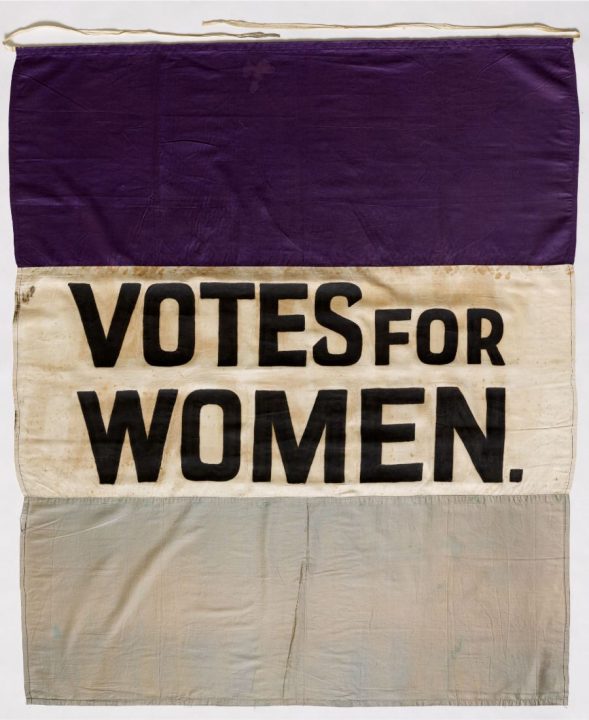
We have come a long way, but there is still so far we have to go as women continue to have to prove themselves. One hundred years ago, when the 36th state, Tennessee, ratified the 19th Amendment, we needed one man to support it. That man was Harry Burn, a legislator who had planned to vote against the amendment. He changed his mind on the House floor at his mother’s urging. One man stood between women and the right to vote. When will the day come when we don’t need a man to validate a woman’s point of view?
As we celebrate the 100th anniversary of the 19th Amendment’s adoption to the U.S. Constitution — a full century that women have had the right to vote — I remember how hard-won this privilege was. As women and girls continue to be paid less, abused, trafficked, and treated unfairly by the courts and employers, let’s keep raising our voices and pursuing equality. We have to if we ever want to have true justice for all.


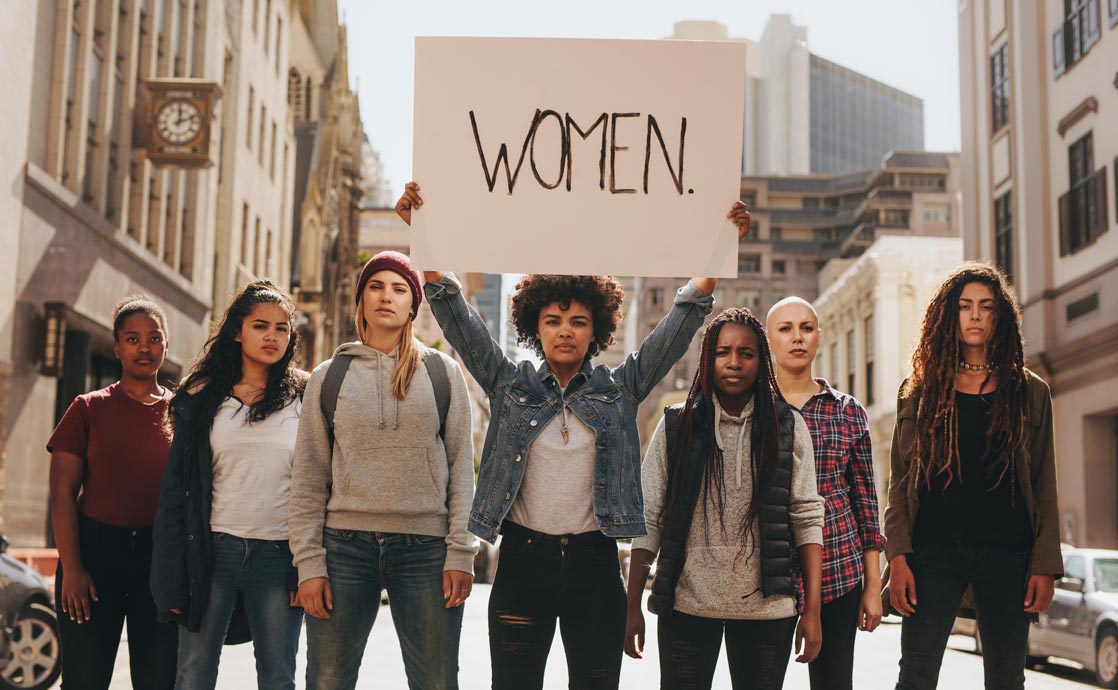

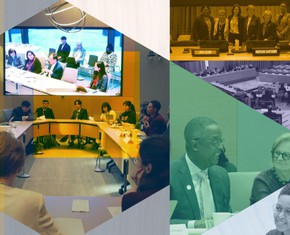
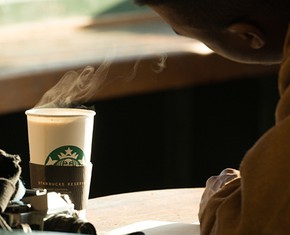
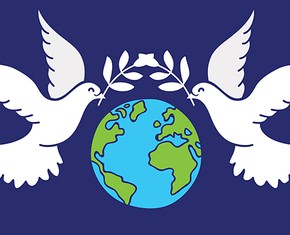









Comments
Sign in or create an account
Continue with Googleor